
Causes of winterkilled fruit plants
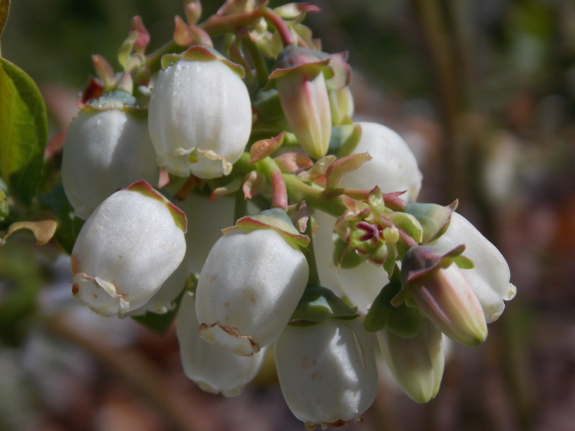
As trees and bushes begin to leaf
out, the full effects of last winter's cold are becoming evident.
Some issues are transitory --- our Caroline red raspberries and many of
our thornless blackberries were killed down to the ground, which means
we won't get fruits until fall for the reds and until next year for the
blacks. (Black raspberries seem to be more hardy, showing no signs
of damage.) But other damage is permanent.
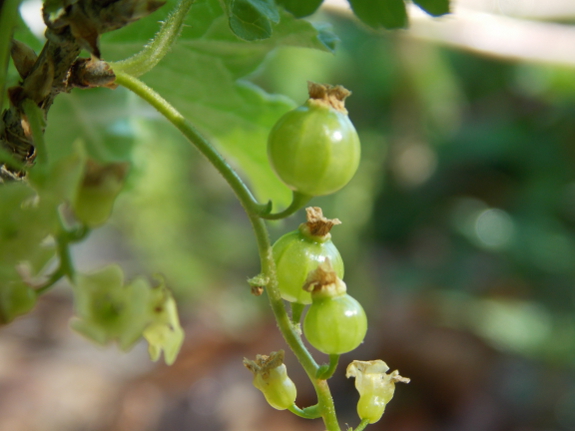
Many of the young plants I rooted last spring and put in the ground last summer
perished since they hadn't built up enough roots to survive a really
frigid winter. I gave Kayla samples of the figs and grapes I
treated this way and warned her to keep them inside over the winter if
she really wanted to make sure every single one survived. Now I'm wishing
I'd followed my own advice. It looks like only one baby grape
(Reliance) and possibly none of the baby figs survived the winter.
This is clearly an issue of age since our older figs are quite alive,
although possibly dead back to the ground, while our older grapes are
just fine. Similarly, the two mulberries we planted last spring
may both be dead, although our older tree is doing just fine.
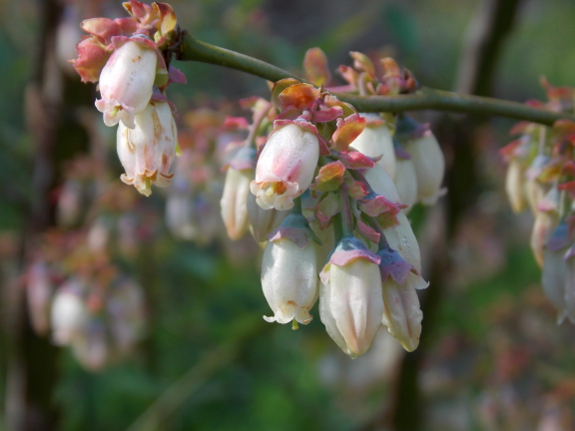
Elsewhere, winterkill is a sign that I pushed the boundaries of our
hardiness zone too far. Rabbiteye blueberries are on the edge of
their survivability zone here, and two of the varieties that have done the least well here
(Austin and Brightwell) perished during the cold weather. We'll
be replacing them with some northern highbush blueberries (rated to
survive much colder winters), but are still happy to have lots of
rabbiteye blueberries in our garden since the survivors are absolutely
loaded with blooms this year. And, on the bright side, it looks
like our blueberry, currant, and gooseberry harvest may make up for
those missing spring red raspberries.
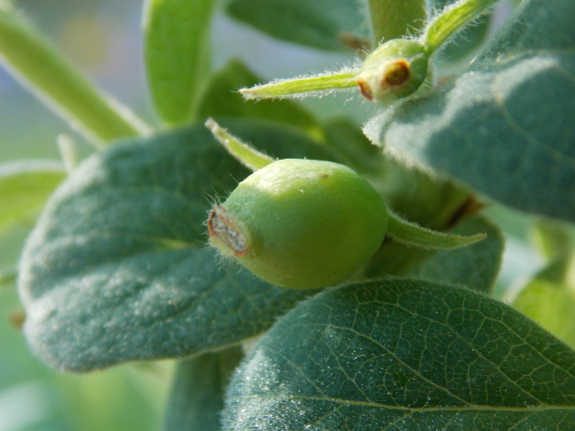
The saddest loss from the cold was two dwarf apple trees. I'd put
three of the dwarf trees off by themselves since they didn't fit in the
main row, and the area where they lived might have been a bit colder
than the other spot since the smaller two of the three loners
perished. Perhaps more likely, though, the deaths were due to deer
damage over the summer weakening the plants, plus their M26 and M111
rootstock, which are reputed to be less cold-hardy than the Bud9 onto
which most of the other dwarf trees were grafted. (We do have apples on M111
rootstock elsewhere that survived the winter fine, but those were older
trees that probably had more roots under them.) Unfortunately, a
one-year-old pear tree living in the same area perished also.
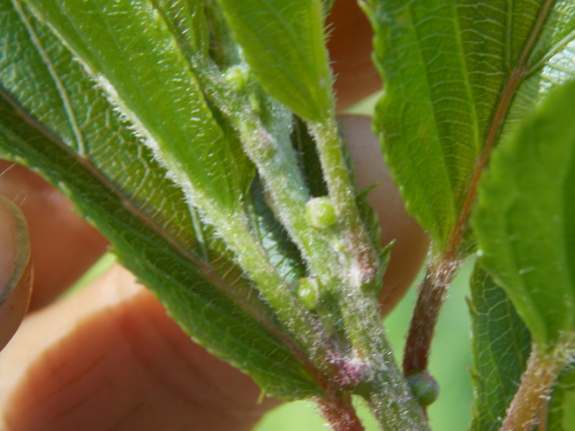
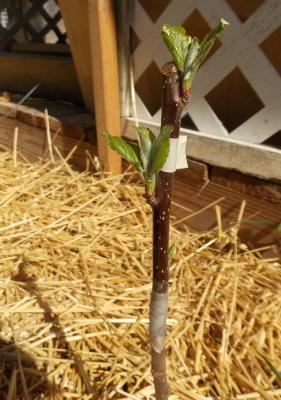 Although this sounds like a huge litany of losses, you've got to keep in
mind that I experiment like crazy, so we have a heaping handful of
survivors for every plant that bit the dust. However, the data is
helpful because it helps me plan --- newly rooted trees should really be
kept in for the winter since I never know if the weather will be particularly harsh, and I
shouldn't count on spring red raspberries even though they're delightful
since they might not survive the cold.
Although this sounds like a huge litany of losses, you've got to keep in
mind that I experiment like crazy, so we have a heaping handful of
survivors for every plant that bit the dust. However, the data is
helpful because it helps me plan --- newly rooted trees should really be
kept in for the winter since I never know if the weather will be particularly harsh, and I
shouldn't count on spring red raspberries even though they're delightful
since they might not survive the cold.
As a side note, I
sprinkled photos of spring excitement through this post instead of
photographing the dead and dying. From top to bottom, photos
depict northern highbush blueberry flowers, young red currant fruits,
rabbiteye blueberry flowers, developing honeyberry fruits, our very
first hardy kiwi flower buds (!!!), and the first sprouts from our
grafted apples. Life goes on in the fruit plantings...in style!
Want more in-depth information? Browse through our books.
Or explore more posts by date or by subject.
About us: Anna Hess and Mark Hamilton spent over a decade living self-sufficiently in the mountains of Virginia before moving north to start over from scratch in the foothills of Ohio. They've experimented with permaculture, no-till gardening, trailersteading, home-based microbusinesses and much more, writing about their adventures in both blogs and books.
Want to be notified when new comments are posted on this page? Click on the RSS button after you add a comment to subscribe to the comment feed, or simply check the box beside "email replies to me" while writing your comment.

I was so excited at the beginning of last week when I saw a bumble bee pollinating my blueberry flowers. Yesterday evening even my husband noticed the developing berries, and one of them even had a little tiny blue stripe. Even the buds that didn't look so hot, that I thought might have been frost damagedl, are starting to plump up.
Are we ahead of you, or are these older pictures?
Emily --- I took our photos yesterday, so I'd say you're definitely ahead of us. Bristol and Kingsport are generally at least a week ahead of our little microclimate, often two. Crazy what some pavement and lack of hills can do!
I'm glad to hear that your blueberries are doing well. Seems like you must have figured out last year's micronutrient deficiency?